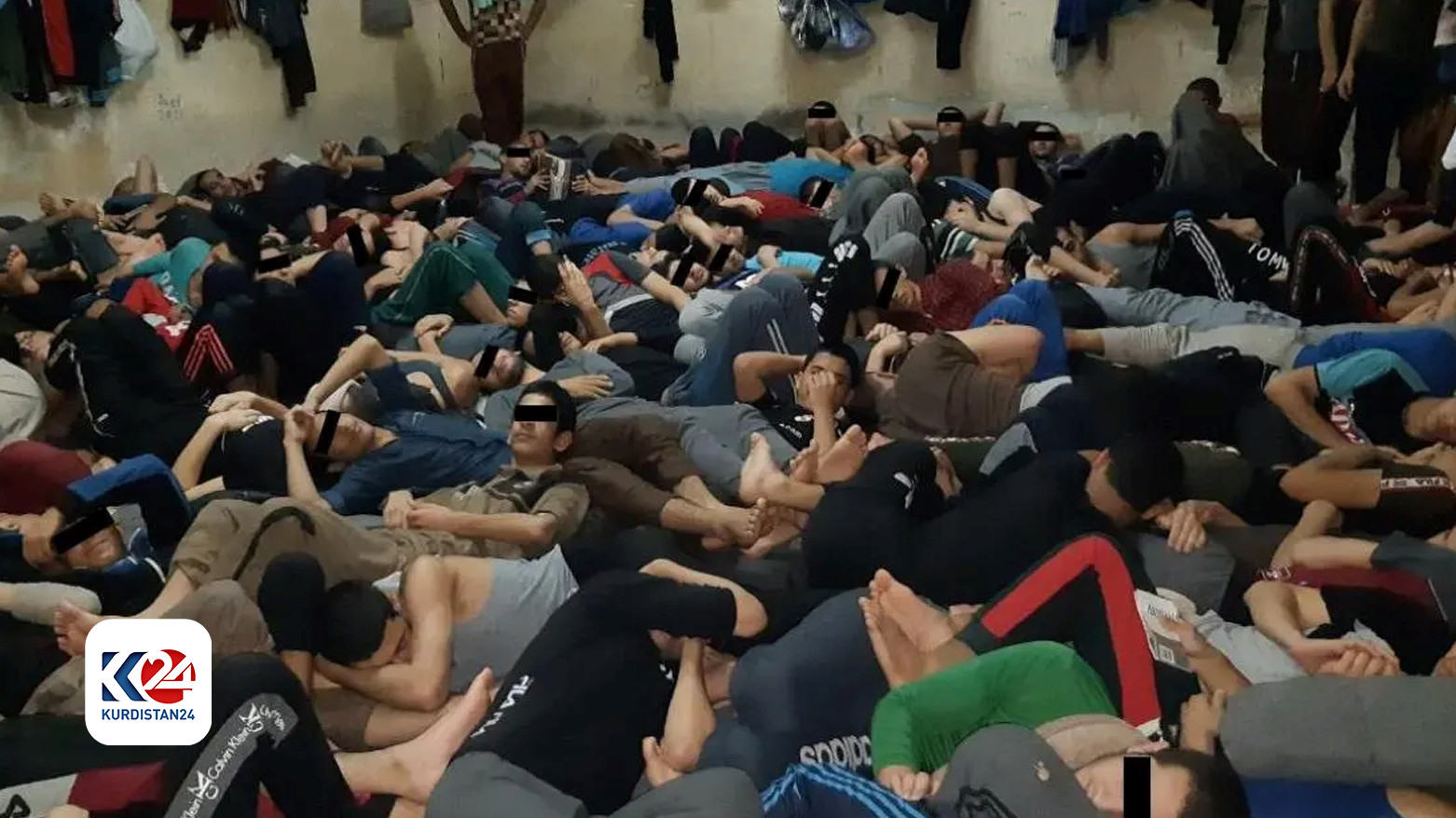Iraqi Justice Minister admits to overcrowding in prisons, promises reforms
Despite official claims of efforts to address these issues, progress has been minimal, with numerous reports detailing poor living conditions, torture, extortion, and forced confessions among inmates.

ERBIL (Kurdistan 24) – Iraqi Justice Minister Khalid Shwani has admitted that the capacity of Iraqi prisons has increased by 300%, highlighting the dire conditions within the country's correctional facilities.
Despite official claims of efforts to address these issues, progress has been minimal, with numerous reports detailing poor living conditions, torture, extortion, and forced confessions among inmates.
Shwani addressed the situation in a statement to the official Iraqi News Agency (INA), outlining a two-pronged approach to tackling the overcrowding crisis.
The first mechanism focuses on legal reforms, including expanding conditional release, issuing an amnesty law as approved by the State Administration Coalition and the government, and enacting the Penal Code and Alternative Measures, inspired by advanced countries' practices.
The second mechanism involves enhancing prison infrastructure, with ongoing construction and rehabilitation projects reportedly progressing rapidly.
Shwani announced that within 15 days, expansions would begin at the Amarah Correctional Prison, Nasiriyah Correctional Prison (also known as al-Hout), Najaf Correctional Prison, and Najaf Correctional Department. Additionally, the rehabilitation and expansion of Baghdad Central Prison and several other prisons in the capital are set to be completed.
Shwani emphasized that these initiatives aim to reduce overcrowding by 200% this year.
He also pointed out a significant issue: the delay in releasing inmates whose sentences have ended.
This delay is often caused by the need to confirm with security authorities and other relevant bodies whether the prisoner is wanted for other cases or under investigation, a process known as obtaining a "no-wanted status" statement. Once this statement is received, the inmate can be released.